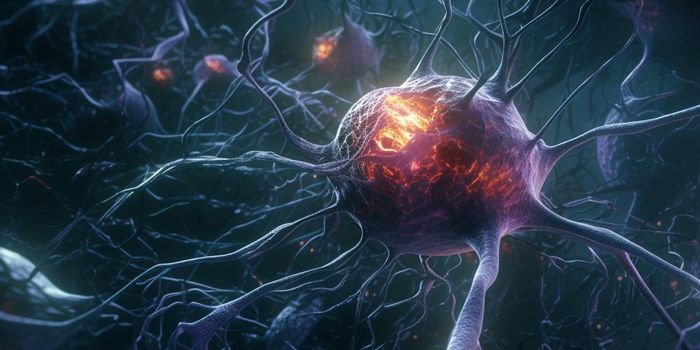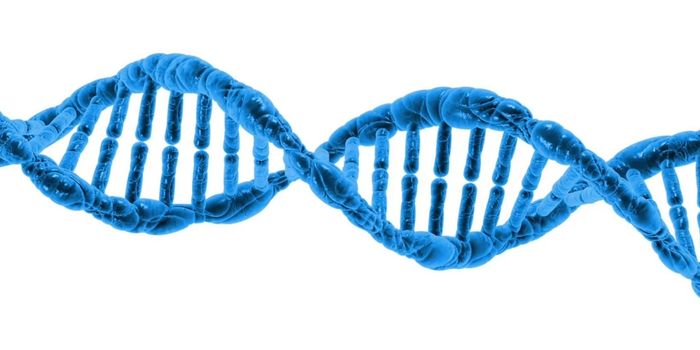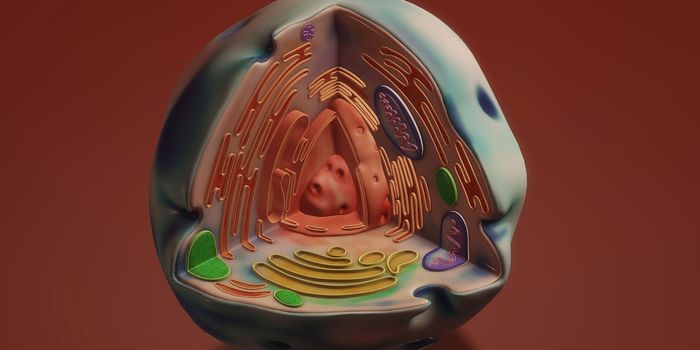Study of Over a Million People Reveals New Hypertension Genes
After assessing data from over one million patients, a team of scientists at Queen Mary University of London and Imperial College London have found 500 new areas in the human genome that play a role in blood pressure. This, the largest study of its kind, has tripled the amount of genetic regions linked to blood pressure and sheds light on how heritable factors influence it. The work has shown that these genes are also important to body fat, the kidney, and associated adrenal glands; it’s been reported in Nature Genetics and is outlined in the video.
"This is the most major advance in blood pressure genetics to date. We now know that there are over 1,000 genetic signals which influence our blood pressure. This provides us with many new insights into how our bodies regulate blood pressure and has revealed several new opportunities for future drug development," said Professor Mark Caulfield of Queen Mary University of London and Director of the NIHR Barts Biomedical Research Centre.
Heart disease and stroke are common causes of death that were responsible for around 7.8 million deaths in 2015, and high blood pressure contributes to those conditions. Lifestyle and habits play a major role, but heritable factors are inescapable. There was much we didn’t know about that heritability, however. This work changes that.
"With this information, we could calculate a person's genetic risk score for high blood pressure in later life. Taking a precision medicine approach, doctors could target early lifestyle interventions to those with a high genetic risk, such as losing weight, reducing alcohol consumption and increasing exercise,” Caufield added.
"Identifying these kinds of genetic signals will increasingly help us to split patients into groups based on their risk of disease. By identifying those patients who have the greatest underlying risk, we may be able to help them to change lifestyle factors which make them more likely to develop disease, as well as enabling doctors to provide them with targeted treatments earlier, reducing the burden of disease on the health service and increasing people's quality of life," said Professor Paul Elliott from Imperial College London, a co-lead researcher.
Vast biobanks enabled the team to assess genetic and blood pressure data from hundreds of thousands of people. Individuals were assigned to risk groups, and those with the highest genetic risk of high blood pressure were compared to the lowest risk group. Genetic variation was found to cause blood pressure to be about 13 mm Hg higher, and caused a 3.34 times greater risk for hypertension. It also increased the risk of poor cardiovascular health events by 1.52 times. (Hypertension guidelines are discussed in the video below by Mayo Clinic).
"Having high blood pressure puts you at significantly higher risk of having a heart attack or stroke. Lifestyle factors like not doing enough exercise, being overweight or regularly drinking too much can cause high blood pressure, however, our genes can also play a major role. Unfortunately, some people simply draw the genetic short straw and must work harder to stay healthy,” said Professor Jeremy Pearson, Associate Medical Director at the British Heart Foundation.
Some of the genes that were identified are already known to influence other disorders. The APOE gene is one example. While this is the first time APOE has been linked to high blood pressure, it’s known to play a role in Alzheimer’s and coronary artery diseases.
The work has also revealed new drug targets and shows that some existing drugs may be a useful hypertension therapy. A drug that is already approved has a much shorter trip to the clinic. The type 2 diabetes drug canagliflozin is one example.
"Knowing which genes cause high blood pressure may help us to spot the people who are at risk, before the damage is done. Those at risk can be treated - either with medication or lifestyle changes - potentially preventing thousands of heart attacks and strokes every year,” Pearson added.
Sources: AAAS/Eurekalert! via Queen Mary University London, Nature Genetics








